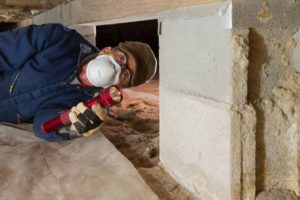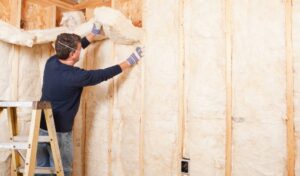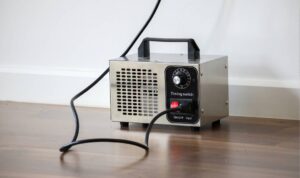Effective rodent control is crucial for maintaining a safe and healthy environment. Rodents not only cause damage to property and contaminate food supplies, but they also pose serious health hazards. They can carry and transmit various diseases such as hantavirus, salmonella, and leptospirosis, making it essential to effectively get rid of them from our surroundings.
There are various methods and products available for rodent control, including traps, baits, and the use of smoke bombs. Smoke bombs are a popular option as they effectively fumigate burrows and other rodent hiding spots. However, it’s important to be aware of regulations when using such products, as improper use can lead to environmental contamination and pose risks to non-target species.
Regulations on the use of rodent control products may vary by region, so it’s essential to familiarize oneself with local guidelines before implementing any control measures. By understanding the regulations and using the right products and methods, we can effectively manage rodent populations and minimize the hazards they pose to our health and environment.
What rodent bombs are and their purpose
Rodent smoke bombs are pest control products designed to repel or kill rodents such as rats and mice. They work by emitting toxic gases or fumes when ignited, which can either drive the rodents out of their burrows or kill them within the affected area. These smoke bombs are typically used in enclosed spaces such as burrows, crawl spaces, or attics where rodents may be hiding.
However, it’s important to note that while rodent smoke bombs can be effective in controlling rodent infestations, they have limitations. They are not a long-term solution and may not completely eradicate a rodent problem on their own. Additionally, they can pose risks to humans and pets if not used properly, as the toxic fumes can be harmful if inhaled.
In conclusion, rodent smoke bombs can be a useful tool in controlling rodent infestations by repelling or killing the pests within a specific area. However, they are not a permanent solution and should be used in combination with other pest control methods for best results.
The increasing popularity of rodent bombs for pest control
The popularity of rodent bombs as a method for pest control has been steadily increasing in recent years. As more individuals and businesses seek safe and effective ways to handle rodent infestations, rodent bombs have emerged as a viable solution. With their easy application and ability to reach confined spaces, these products are becoming a go-to option for those dealing with unwanted pests. Let’s take a closer look at the benefits and potential drawbacks of using rodent bombs for pest control.
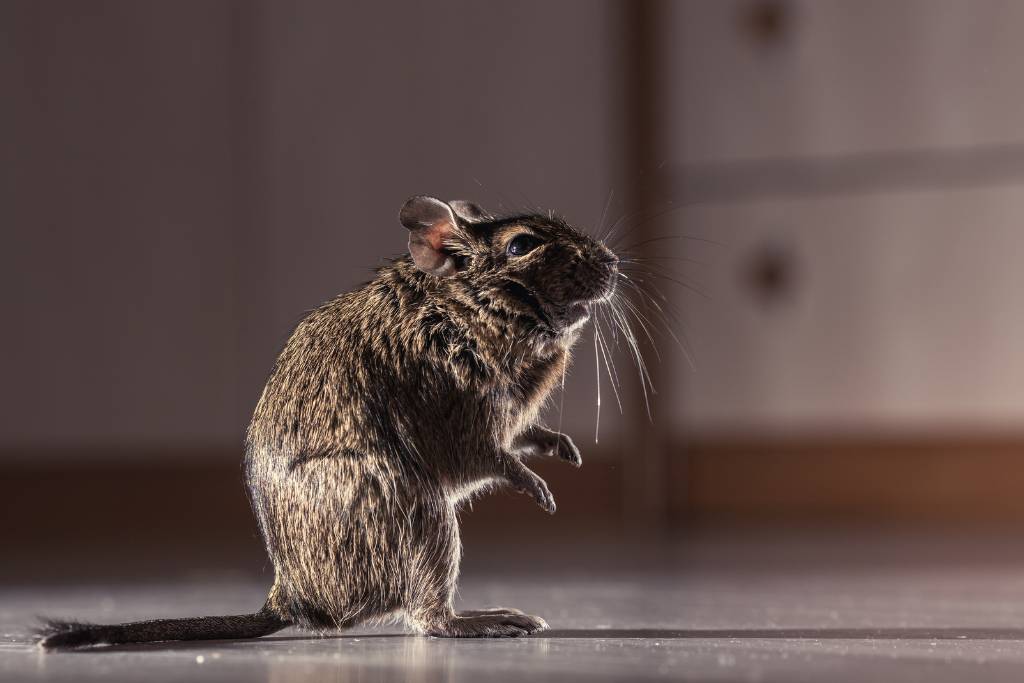
Potential Health Risks
Rodent droppings pose potential health risks to humans, specifically through the transmission of serious diseases like hantavirus. When dried rodent feces dust is inhaled, individuals are at risk of contracting hantavirus pulmonary syndrome, a severe respiratory illness that can be fatal. Symptoms of hantavirus pulmonary syndrome include fever, muscle aches, coughing, and shortness of breath, and can progress rapidly.
Seeking professional assistance for cleaning up rodent waste is highly recommended due to the health risks involved. Professional cleaners have the necessary protective gear, training, and equipment to safely and effectively remove rodent droppings and contaminated materials. Without professional assistance, individuals may unknowingly spread harmful particles and increase their exposure to potential diseases.
In summary, the potential health risks associated with rodent droppings and the transmission of diseases like hantavirus make it crucial to handle and clean up rodent waste with caution. Professional assistance is highly recommended to minimize the risks and ensure the safe removal of rodent droppings and contaminated materials.
The harmful chemicals present in rodent bombs
Rodent bombs, also known as rodenticides, are commonly used to eliminate rodents from homes and other buildings. These products often contain harmful chemicals that can pose risks to both human health and the environment. The aerosol poisons introduced into the home through rodent bombs can contain toxins such as anticoagulants, bromethalin, and cholecalciferol. Anticoagulants work by causing internal bleeding in rodents, but they can also be harmful to other animals and humans if ingested. Bromethalin is a neurotoxin that can affect the central nervous system of both rodents and non-target animals, while cholecalciferol is a form of vitamin D that can be toxic in large amounts.
The potential risks associated with these chemicals include accidental ingestion or contact with the poisons by children, pets, or other non-target wildlife. Additionally, the use of rodent bombs can lead to environmental contamination, as the chemicals can leach into soil and water sources, potentially harming other animals and disrupting ecosystems. It is important to handle and dispose of rodent bombs properly to minimize these risks and consider alternative methods of pest control that are less harmful to human health and the environment.
How these chemicals can pose risks to humans and pets
Many everyday household products contain various chemicals that can pose risks to humans and pets. From cleaning products to pesticides, these chemicals have the potential to cause harm if not used or stored properly. Understanding the potential risks and taking necessary precautions is essential in order to keep both humans and pets safe from the harmful effects of these chemicals. In this article, we will explore the specific ways in which these chemicals can pose risks and offer tips on how to handle and store them safely.
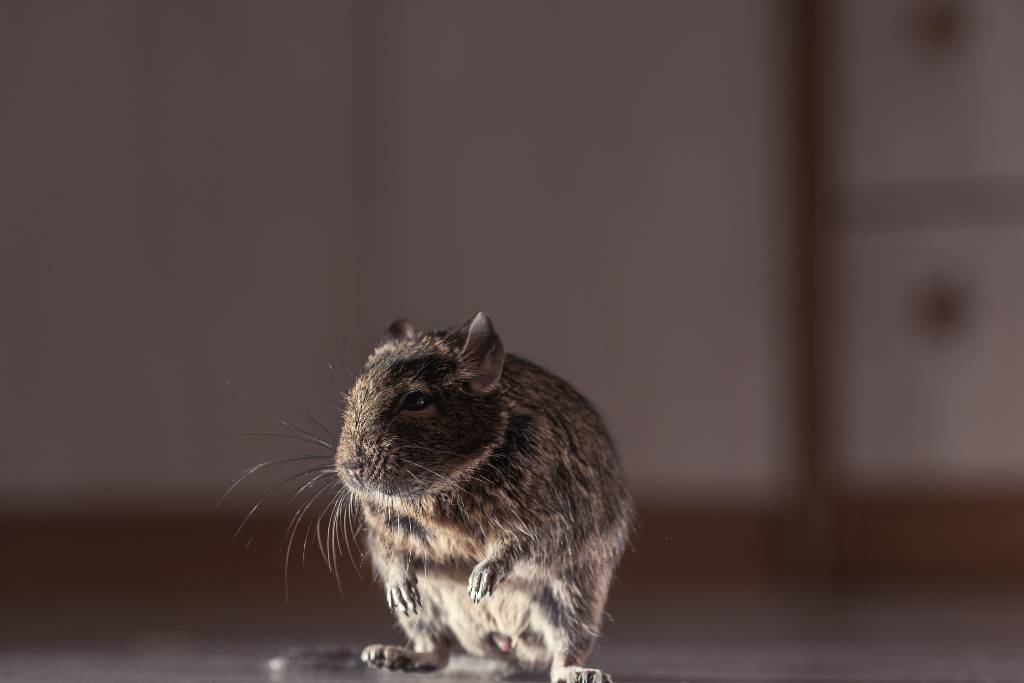
Environmental Concerns
Several environmental concerns are currently impacting the planet, including deforestation, air and water pollution, climate change, and loss of biodiversity. Deforestation leads to the destruction of crucial habitats for wildlife and contributes to climate change. Air and water pollution result in respiratory diseases, contamination of drinking water, and negative impacts on ecosystems. Climate change is causing extreme weather events, sea-level rise, and shifting ecosystems, with drastic effects on wildlife and human health. Loss of biodiversity has consequences on ecosystem stability and human well-being.
These concerns have significant impacts on ecosystems, wildlife, and human health. Ecosystems become less resilient, leading to the loss of vital ecosystem services such as water purification and pollination. Wildlife populations decline and become more vulnerable to extinction. Human health is affected through contaminated water sources, air pollution-related illnesses, and the spread of infectious diseases.
To mitigate these issues, potential solutions include reforestation efforts, the development and implementation of clean technologies to reduce pollution, adopting sustainable practices to combat climate change, and preserving and restoring habitats to protect biodiversity. It is essential to address these environmental concerns to protect the planet and ensure the well-being of all living organisms.
The negative impact of rodent bombs on the environment
Total release foggers, also known as rodent bombs, have a negative impact on the environment. These products introduce harmful aerosol poisons into the home, posing a major health risk to humans, pets, and wildlife. The residual poison can settle on flooring and furniture, posing a threat to infants, children, and the environment as a whole. The use of these foggers can lead to environmental contamination and long-term health problems for those exposed.
Moreover, the slow-acting poison causes inhumane suffering to rodents. These animals may experience prolonged agony before succumbing to the effects of the poison, which is a cruel and unnecessary form of pest control.
In addition to the acute and chronic health risks posed to humans and animals, the environmental impact of rodent bombs cannot be overlooked. The introduction of toxic chemicals into the environment can have lasting consequences, affecting ecosystems and potentially harming non-target species. Therefore, it is important to seek alternative, eco-friendly pest control methods to minimize the negative impact on the environment and its inhabitants.
How the chemicals used in these devices can contaminate soil, water, and air
The chemicals used in electronic devices have the potential to contaminate soil, water, and air, leading to environmental pollution. Some of the specific chemicals often found in these devices include lead, mercury, cadmium, brominated flame retardants, and polyvinyl chloride. When these devices are improperly disposed of, these chemicals can leach into the soil, contaminating it and making it unfit for agriculture or other purposes. Water pollution can occur when electronic waste is dumped in landfills or incinerated, releasing harmful chemicals into the water supply. Air pollution can also result from the burning of electronic waste, which releases toxic fumes into the atmosphere.
For example, lead, a common component in electronic devices, can have harmful effects on the environment such as causing brain damage and other health issues in humans and animals. Mercury, another commonly used chemical, can contaminate water and soil, leading to detrimental effects on aquatic life and organisms. Improper disposal of electronic devices can lead to contamination and pollution, posing significant risks to the environment and public health. It’s crucial to properly recycle and dispose of electronic waste to mitigate these harmful effects.
The importance of considering eco-friendly alternatives for pest control
When it comes to pest control, it’s crucial to prioritize eco-friendly alternatives to avoid harming the environment, wildlife, and human health. Traditional pest control methods often rely on harmful chemicals and pesticides that can have long-lasting negative impacts. By considering and utilizing eco-friendly pest control methods, we can effectively manage pests while minimizing harm to the environment. Embracing these alternatives not only promotes sustainable practices but also ensures the well-being of our ecosystems for future generations. Let’s explore the importance of prioritizing eco-friendly pest control solutions and the various options available.
Effectiveness of Rodent Bombs
Rodent smoke bombs can be effective in quickly reducing the population of rodents in enclosed spaces such as attics, basements, or crawl spaces. The smoke from these bombs penetrates through the cracks and crevices where rodents hide, forcing them out and ultimately killing them. This method provides a short-term benefit of immediate reduction in rodent activity.
However, there are limitations to rodent smoke bombs. They may not effectively reach all areas of infestation, such as deep within walls or under floors. Additionally, the use of rodent smoke bombs carries potential risks, such as fire hazards and harmful effects on humans and pets if not used according to label directions. Therefore, it is important to seek professional consultation before using these products to ensure safe and effective application.
Factors that contribute to the effectiveness of rodent smoke bombs include proper placement and sealing of the treated area according to label directions. This ensures that the smoke can thoroughly permeate the infested space. It is also important to consider the short-term advantages of rodent smoke bombs, such as immediate reduction in rodent activity, and the long-term limitations, as they may not provide a permanent solution to rodent infestations.
For a long-term and permanent rodent control solution, it is necessary to seek professional help. Professionals can identify the root cause of the infestation and provide solutions to prevent future rodent problems.
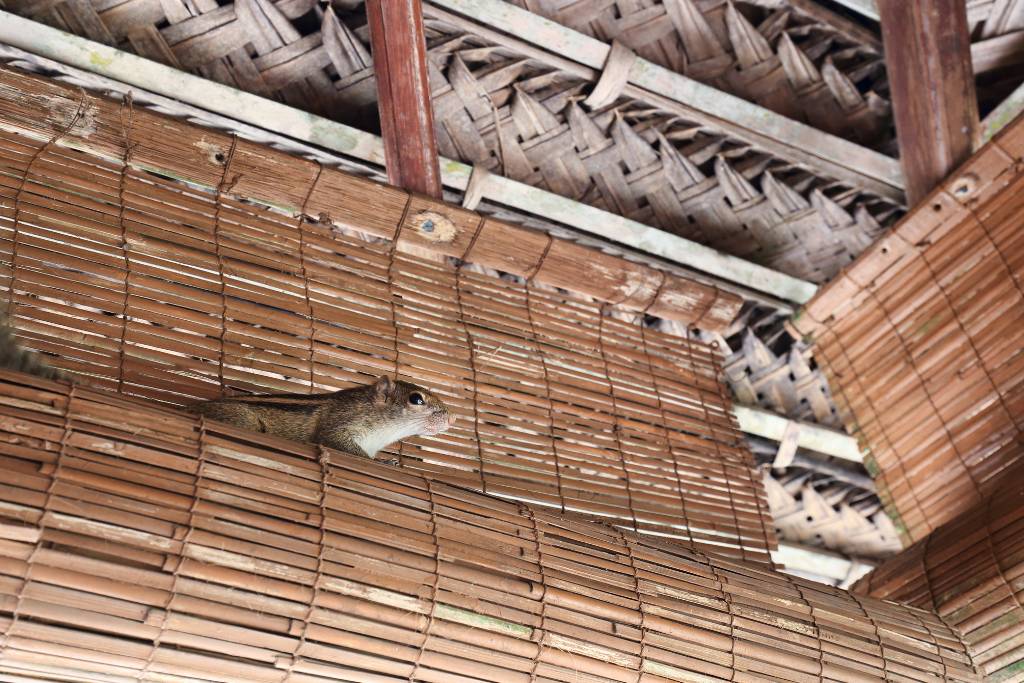
Does rodent bombs are actually effective in eliminating rodents from homes?
Rodent smoke bombs are a short-term solution for eliminating rodents from homes. These products release a smoke that is toxic to rodents, causing them to flee or die. They are considered effective for quickly reducing the rodent population within a confined space. However, their effectiveness is limited to the short-term, as they do not address the root cause of the rodent infestation.
Potential side effects of rodent smoke bombs include toxic fumes that can be harmful to humans and pets, as well as damage to household items. The use of rodent smoke bombs also presents the risk of fire and should be handled with caution.
While rodent smoke bombs can provide temporary relief from rodents, they are not a long-term solution. Professional pest control services are necessary to address the underlying factors contributing to the rodent infestation and to provide ongoing rodent control. It is important to consider the potential legal restrictions on the use of rodent smoke bombs in certain areas and to follow safety precautions, such as proper placement and ventilation, when using these products.
In conclusion, while rodent smoke bombs have short-term effectiveness in eliminating rodents from homes, they are not a sufficient long-term solution. Professional pest control services and alternative methods should be considered for comprehensive and sustainable rodent control.
Rodents have developed resistance to certain chemicals used in rodent bombs
Rodent bombs, also known as rodenticides, are commonly used to control rodent infestations. However, over time, rodents have developed resistance to certain chemicals used in these rodent bombs. This resistance has become a growing concern as it limits the effectiveness of these control methods and presents a challenge for pest management. In this article, we will discuss cases where rodents have developed resistance to specific chemicals used in rodent bombs, the factors contributing to this resistance, and the implications for pest control efforts. We will also explore potential strategies to address and mitigate this resistance to ensure effective rodent control.
Potential Damage to Property
Rodents can cause significant damage to vehicles and equipment by chewing through wiring, hoses, and insulation. In vehicles, this can lead to malfunctioning of essential systems such as the electrical system, engine, and braking system. For equipment such as generators, HVAC systems, and agricultural machinery, rodent damage can result in costly repairs or complete breakdowns.
The consequences of rodent damage to vehicles and equipment include decreased functionality, increased maintenance costs, and decreased property value. Malfunctioning vehicles and equipment can lead to downtime and loss of productivity, impacting businesses and operations. Additionally, the presence of rodent damage can decrease the resale value of the property, as potential buyers may be discouraged by the need for repairs and ongoing pest control measures. Overall, rodent damage can have a significant impact on the value and functionality of the property, requiring costly repairs and impacting daily operations.
How rodent bombs can lead to property damage if used improperly or excessively
Improper or excessive use of rodent bombs can lead to significant property damage. The aerosolized chemicals in these bombs can potentially damage furniture, flooring, and other household items if not used according to manufacturer’s instructions. Overexposure to these chemicals can cause staining, discoloration, and corrosion to various materials in your home.
Furthermore, the residue left behind from rodent bombs can lead to long-term damage if not properly cleaned up. This residue can seep into carpets, upholstery, and walls, leading to discoloration and deterioration over time. Additionally, the toxic chemicals released by rodent bombs can pose risks to your property, including staining and corrosion of metal surfaces, deterioration of fabrics and materials, and damage to electronic devices.
It is essential to follow the usage instructions carefully and use these products sparingly to avoid potential property damage. Proper cleanup and ventilation after using rodent bombs can also help prevent long-term damage to your home.
Looking for a professional pest control service? Call Attic Crew today!

